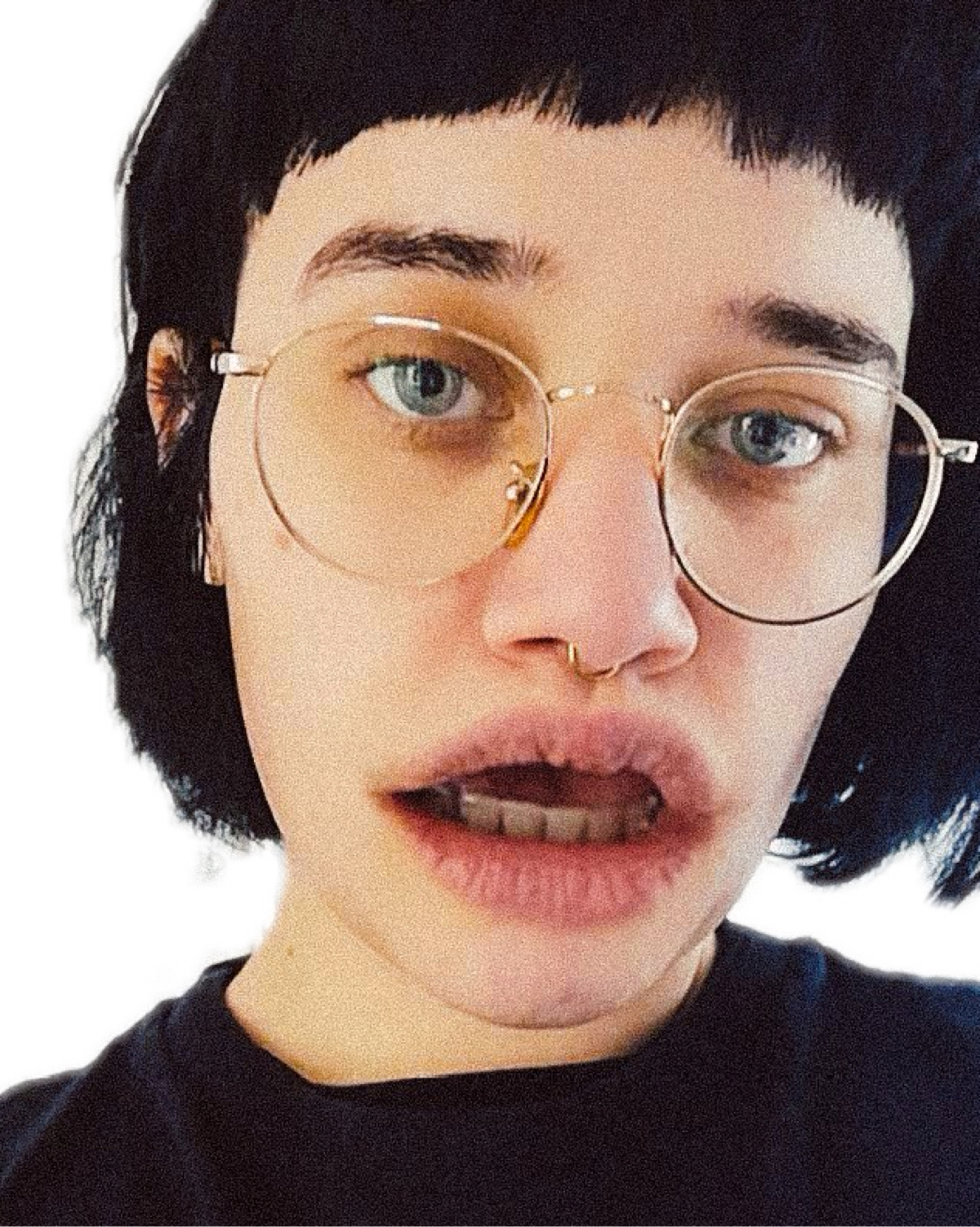Hey Lila! Can you introduce yourself to our readers who may be meeting you for…
Rose Bonica
The South African Music Producer, Visual Artist, and Live Electronic Act15 December 2020
Rose Bonica - a live electronic act, music producer, and visual artist from South Africa - recently sat down with YEOJA to chat about her newest album, Tears for the Tea Maker (released September 18, 2020), starting her own label, and leaving the corporate tech world behind:
Tears for the Tea Maker, which draws from your experiences and talents as a music producer, is a project that you have been working on for the last two years. What have these last two years been like for you, and how does it feel now that the project is finished?
Rose Bonica: The last two years have been a rollercoaster of growth and acceptance. I went through different phases, like loving electronic music to hating it, and wanting torture chamber style drums to removing all drums from my tracks. It was a lot of learning what music I wanted to make and who I wanted to be. Now that the project is finished I feel like I can move forward, which I think is a normal feeling after any project. Putting out an album is scary and exciting; with music you never know how people are going to react to it until it’s out. Which is daunting to say the least.
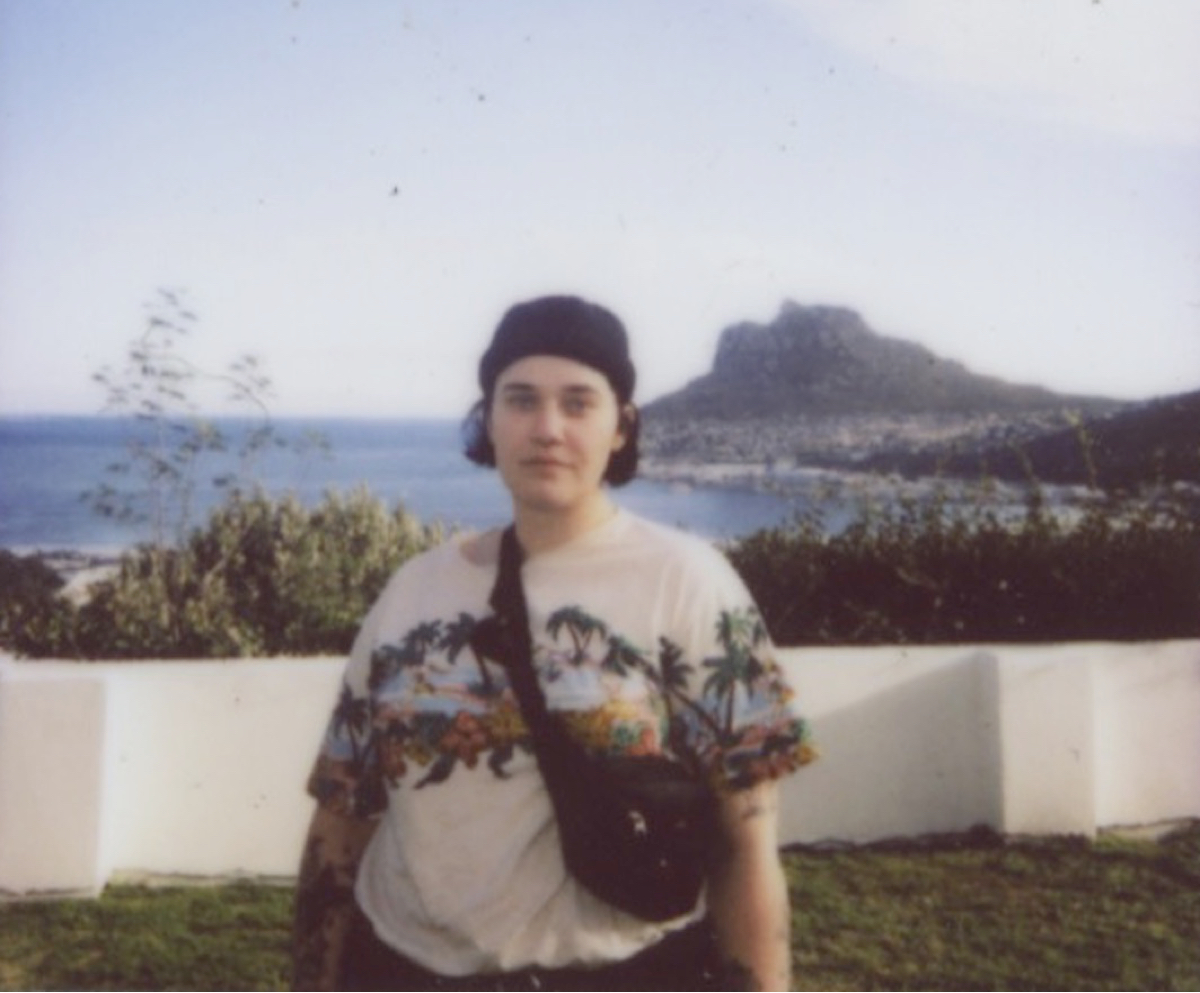
How would you describe Tears for the Tea Maker in comparison to your previous work?
Rose Bonica: It’s a lot more introverted and gentle compared to my other stuff. I feel like using my voice so much was something I never thought I’d do. I never liked my voice. I used to avoid singing in my tracks because I was scared that singing would take away my credibility as a femxle producer in the industry. I realised this was a stupid take and started to see the beauty and the pros of being able to sing on your own music. It’s empowering.
Roses Are Red is also one of the rare femxle-owned labels in South Africa. What has the experience of launching your own label been like, and how has the South African scene responded to it?
Rose Bonica: The response has been great. I’ve had a lot of encouragement from my peers, especially womxn; and it’s been awesome to receive so much support from so many women in such a male dominated industry.
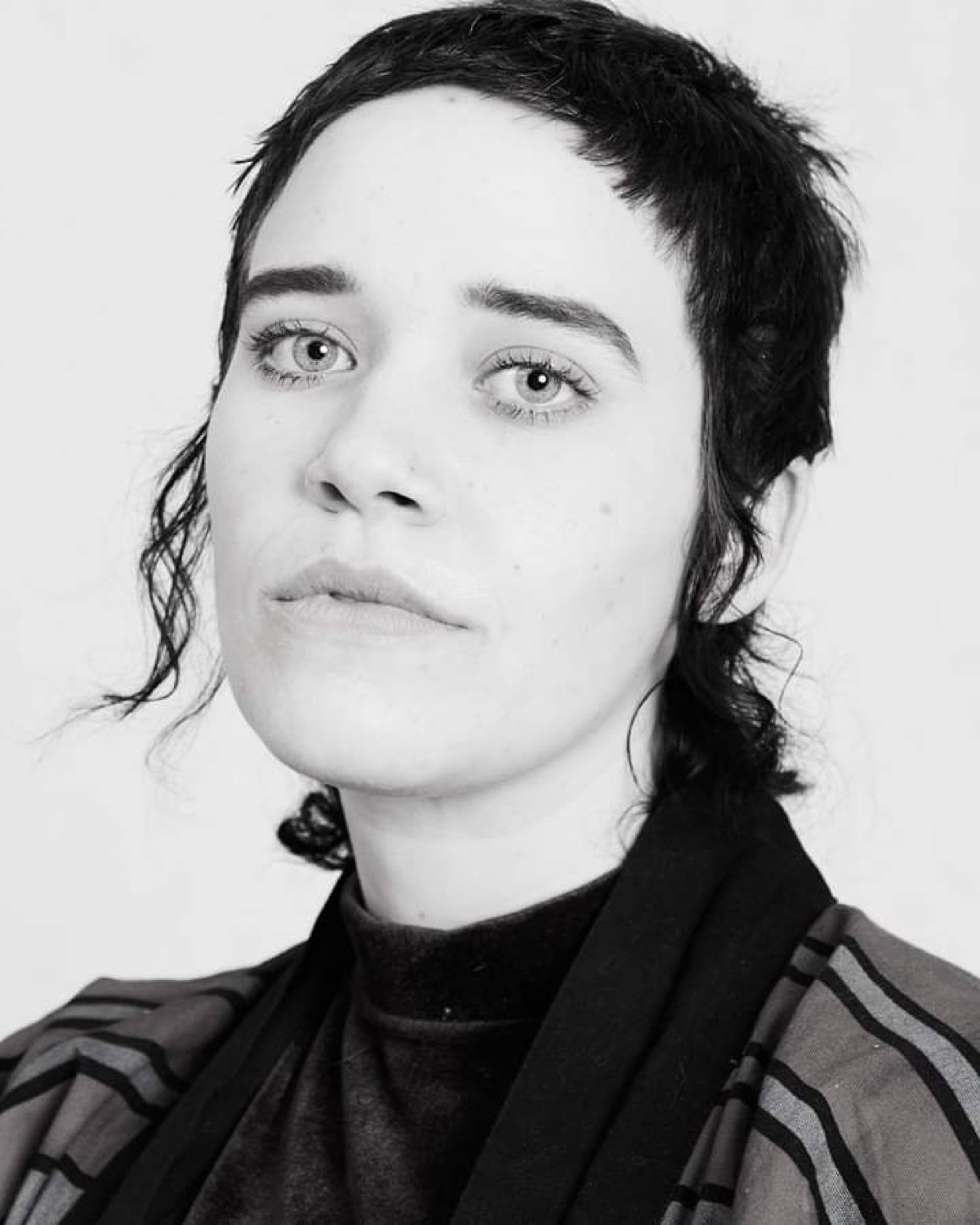
You have also released Tears for the Tea Maker on your own label, Roses Are Red. What has the experience of releasing your own music on your own label been like for you, and how has it differed from releasing music on other labels?
Rose Bonica: It feels the same but different. Haha. I’ve always been in control of all my releases. I was a part owner of the label I previously released on, and was in charge of release strategies, distribution, marketing, and design. Using all that experience made starting my own label feel pretty seamless. I’ve had to get used to self-validation and independence; which has been difficult but also an amazing lesson to learn.
You began producing music as a form of escapism from a bad relationship and a boring job in the tech world. We assume that this relationship has since ended, as well as the job in web development? If so, how has being released from the things you were initially trying to escape shaped your sound since? For example, there seems to be a deeper level of structure and traditional adherence to genres in your earliest work compared to your most recent work. Is this symbolic of this trajectory?
Rose Bonica: When I look back to where I was 4 years ago in comparison to now, I feel like I’m a totally different person. I was pretty naive when it came to music and was still trying to understand genres. It felt like a continuous game of catch up while constantly trying to prove myself. I feel a lot less like I have to prove myself to others now and feel more confident in who I am. I still struggle with imposter syndrome but it’s a lot less now.I also feel like I have my feet planted firmly to the ground, less all over the place and more focused which is a new feeling for me.
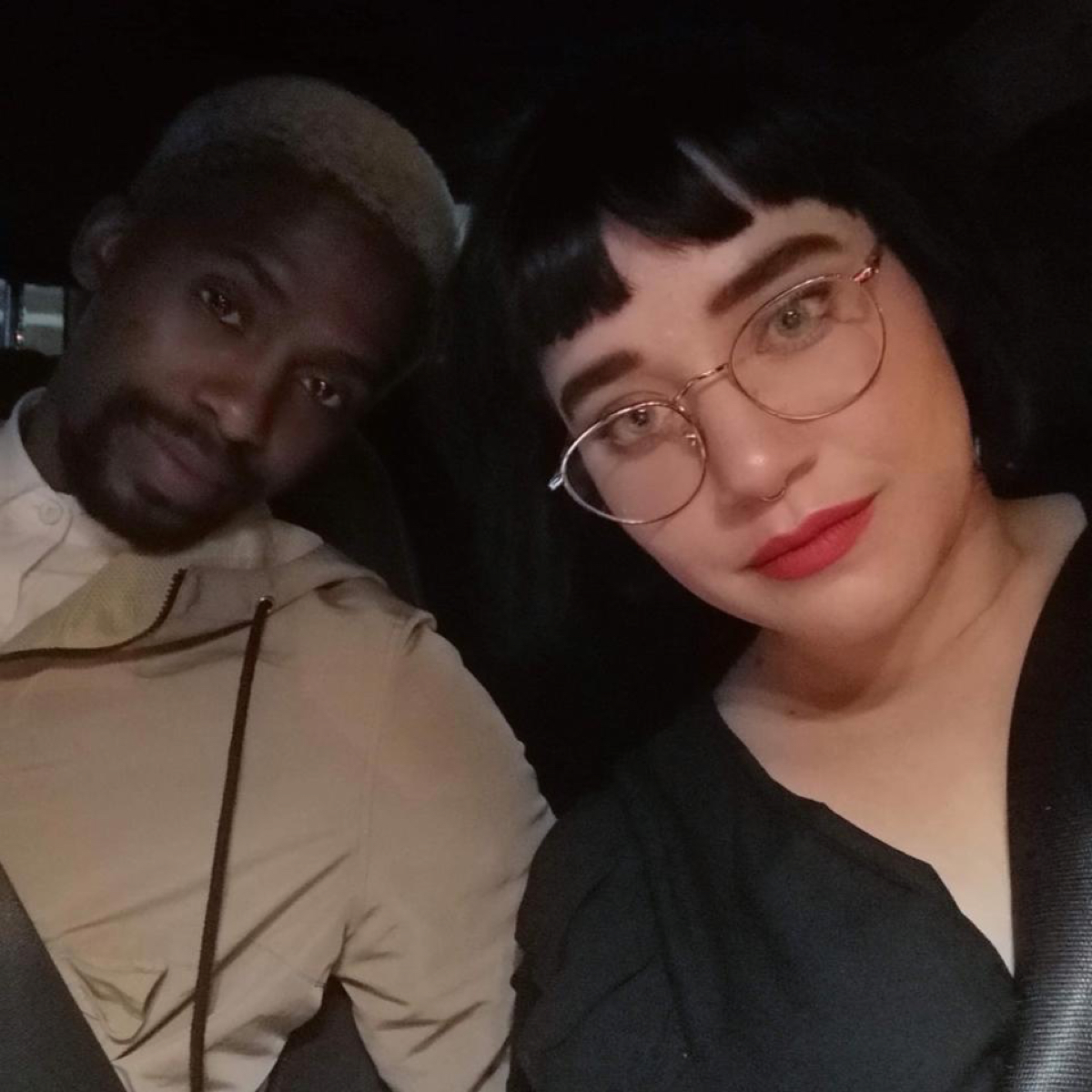
Not only have you made a name for yourself in your home country of South Africa, you have also entered the European scene; debuting at Salon Zur Wilden Renate, alongside Éclair Fifi and Oliver Hafenbaur. What was this experience like for you, and how does the Berlin scene differ than the one back in Cape Town?
Rose Bonica: I really enjoyed playing overseas, the crowd was very open to whatever I threw at them and the response after I played was overwhelming. In Cape Town there isn’t as much openness to new sounds, I felt like Berlin was different in that way.
Did your experiences in Berlin shape your sound and influence you as an artist?
Rose Bonica: If I’m honest, I’ve always tried to avoid Berlin and what might be considered a Berlin sound. Lol. It could be because in Cape Town what is considered to be a Berlin sound is very, for lack of a better word, “business techno”. A sound I’ve never really understood and which feels very empty to me.
Your bandcamp page strikes me as quite unique in that you often include intimate storytelling in the descriptions of your releases to explain how they came to be, as well as your inspirations (both symbolic as well as other producers and their music). What motivates you to share the intimate details of your creative process?
Rose Bonica: Making music has been a way for me to bare my soul to anyone who is interested and sharing intimate details has always been part of that. I’ve always tried to be open with how I got my ideas or how a project materialised. I think this started in 2016 when I got into data moshing, remixing and how copyright laws work. I enjoy the whole concept of how ‘everything is a remix’ and am intrigued by archiving. Things often get lost in the obsession to put things online and being too hasty to share things. Adding an element of storytelling helps me remember where I was with a project and gives the listener some understanding too.
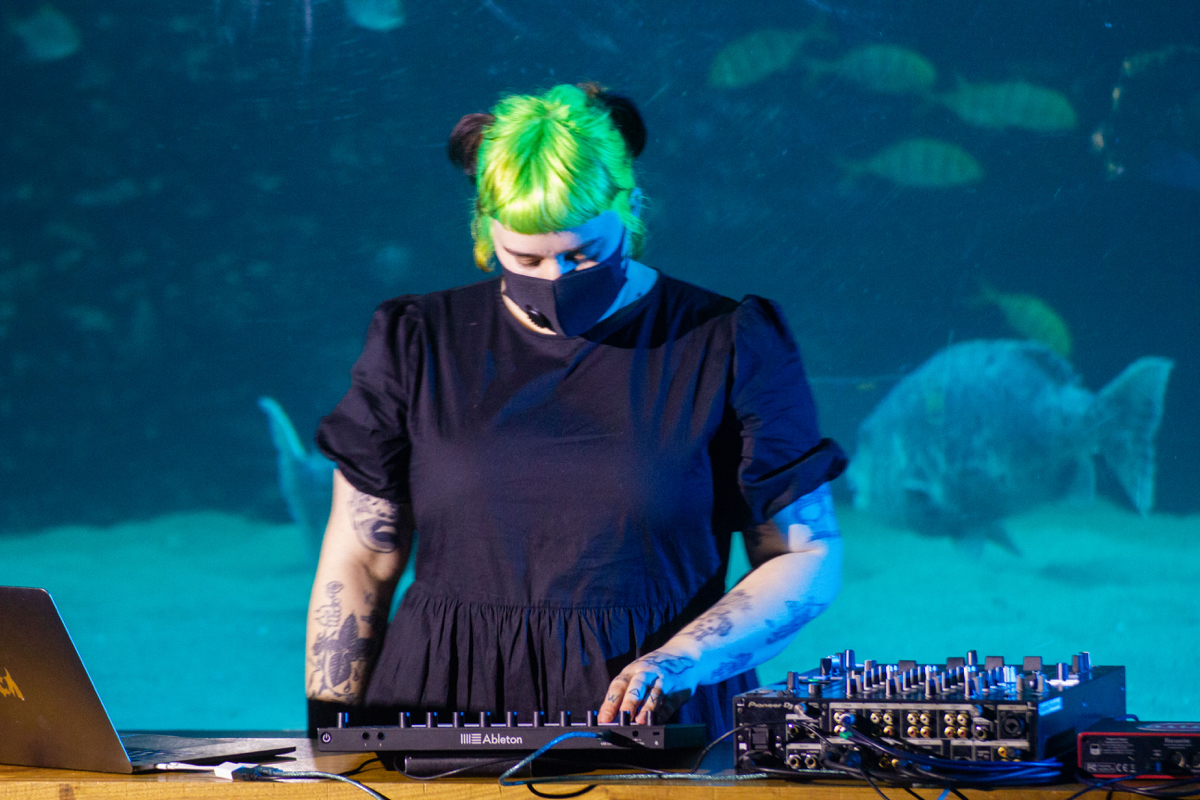
The album covers for your releases (with the exception of Rosy Disposition) are also really striking and extremely organic. Do you feel these covers are visual representations of your sound?
Rose Bonica: I hope they are! I do try to express what I was feeling while making the music into the visual representation. Rosy Disposition was rushed, I left the cover till the last minute and remember panicking so I just kept it simple. That’s something I still regret and I learnt from then that as soon as you send off your masters you should focus on your artwork because it’s there forever, and just like a bad tattoo, a bad cover will haunt you.
With your two year project behind you, what are your next steps for the rest of the year? Plans for 2021?
Rose Bonica: I’m going through a bit of a reset. I’ve found after a release I spend a few weeks or even months re-assessing what I want to do and where I want to go next. For now I’m just trying to focus on Roses Are Red. I have an exciting label collaboration coming out with Lilies Records, a South African label I truly admire. 2021 I hope to be able to travel a bit, but during this pandemic that feels like a very distant dream.
_
Images provided by Rose Bonica. To keep up with Rose Bonica on Instagram, click here. To follow Rose Bonica’s bandcamp, click here. For more music interviews, click here.



